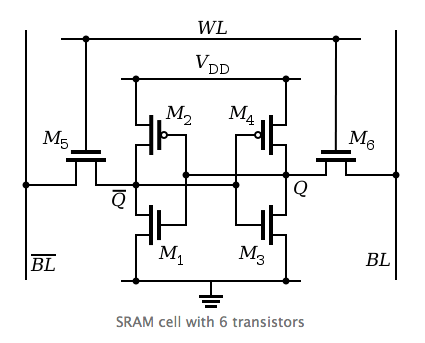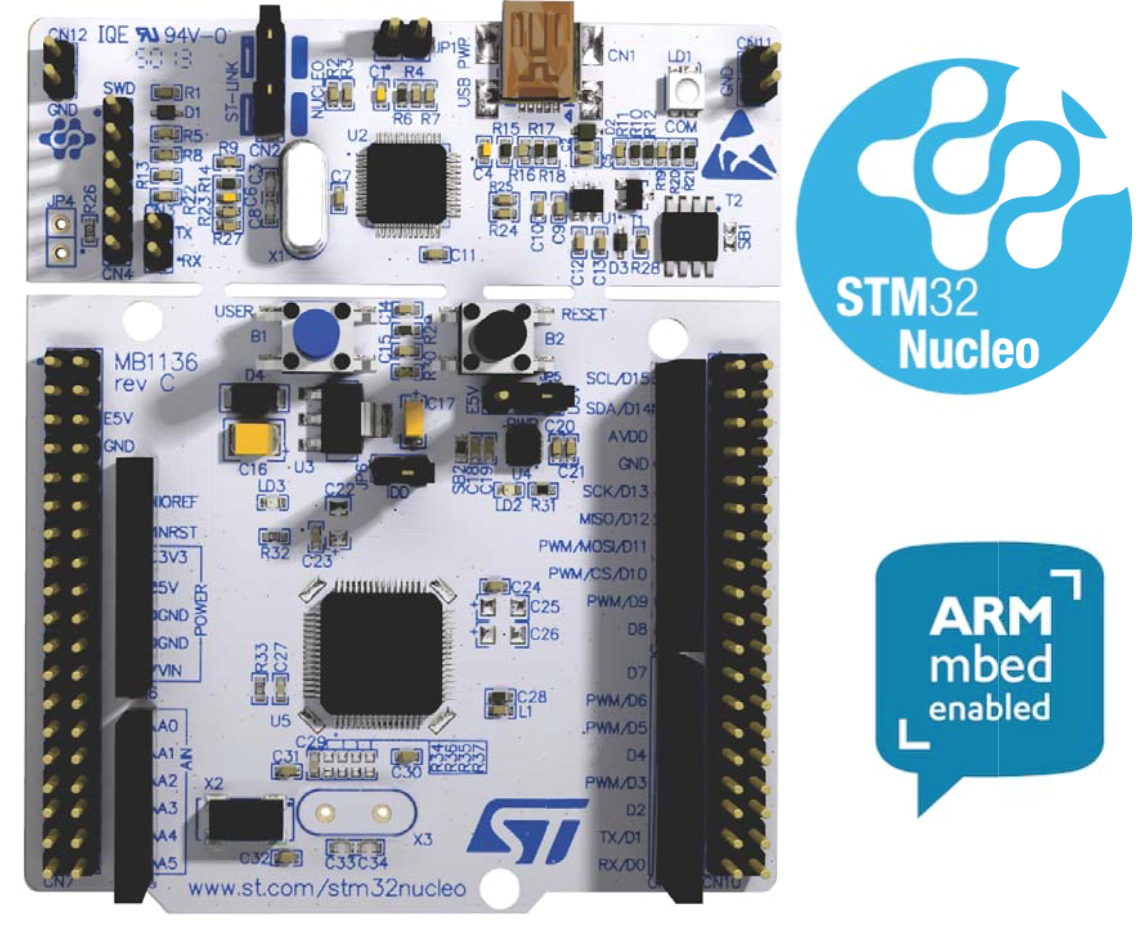SRAM-PUF Technology
SRAM is type of semiconductor memory that uses bistable circuits (flip-flops) to store binary digits. SRAM exhibits data remanence, but it is volatile in the sense that data is lost when the memory is not powered. Due to sub-micron process variations ICs are intrinsically unique. SRAM start-up values represent a noisy fingerprint, which is unpredictable but robust.

A Physically Unclonable Function (PUF) is an electronic device from which device-unique properties (a fingerprint) can be derived. The device should be easy to produce but difficult to clone, the device should be reliable (its fingerprint should be stable enough), and the device should be unpredictable (its fingerprint should be random enough).
BASIC IDEA: SRAM can be used as PUF (Guajardo, Kumar, Schrijen, and Tuyls [2007], Holcomb et. al, [2009]). The SRAM fingerprint can be used for authenticating the SRAM, and consequently the hardware that contains the SRAM.

Project Description
IoT (Internet of things) will connect a huge number of devices. For security reasons these devices need to authenticate themselves when they exchange data. SRAM PUF technology can be used to perform the authentication. The objective of the project is to demonstrate the SRAM-PUF technology on microcontroller boards, to which sensors and actuators are connected. In this way we can create and investigate a (small) network of “things�. As boards we can e.g. use the STM32 Nucleo-64 board.

Implementing PUF technology can only be done after the statistics of the SRAM on the boards have been determined. We have to find out how reliable the fingerprint bits are. And are these bits unpredictable?. Error correcting codes can now be designed based on the statistics. Error correction is essential in achieving extremely high reliabilities (false reject rate, false accept rate). The protocols that are used to exchange information should be such that exchanged information should be publicly available without compromising the security of the system.
It will be task of the student to realize a demonstrator based on a small number of boards, and to study and optimise its performance. The research project should result in a research report or paper.
Environment
You will be working in the ICT Lab of the Signal Processing Systems (SPS) Group, TU/e Eindhoven. The ICT Lab collaborates with Intrinsic-ID, Eindhoven, on SRAM-PUF research, e.g. in Eurostars project PATRIOT.
Your Background
Your basic signal processing background should be enhanced with knowledge about error correcting codes and information theory. Course 5LSF0, “Applications of Information Theory�, Q4, provides this extra knowledge.
Contact

Interested applicants may contact:
Ir. Lieneke Kusters(c.j.kusters@tue.nl), Dr. Bin Chen (b.c.chen@tue.nl), or Prof. Frans Willems (f.m.j.willems@tue.nl).